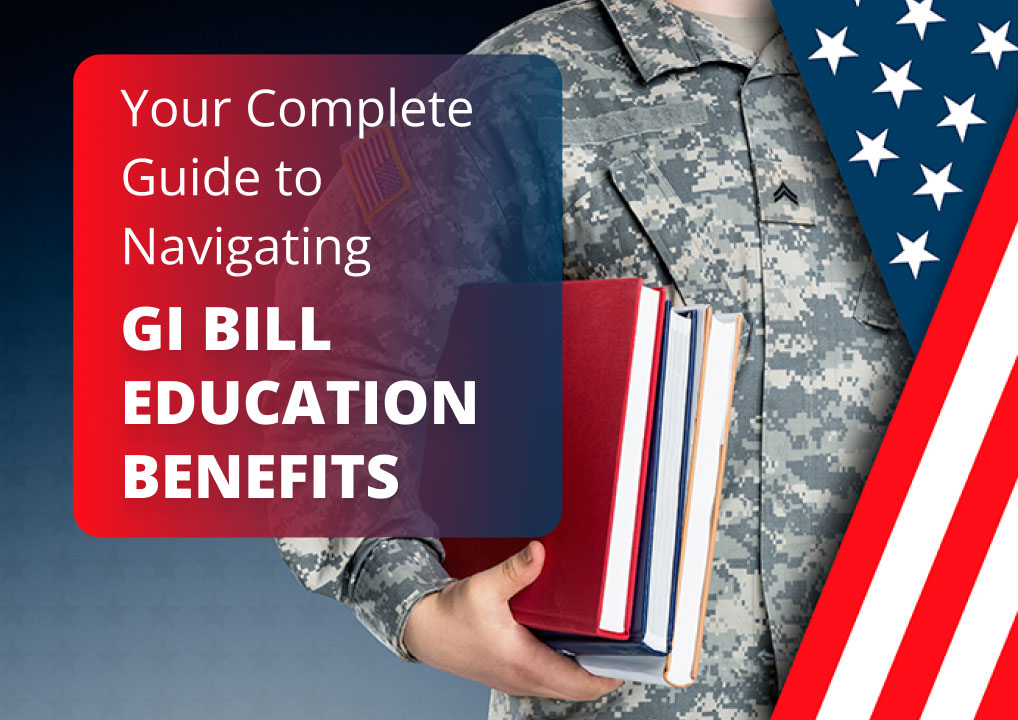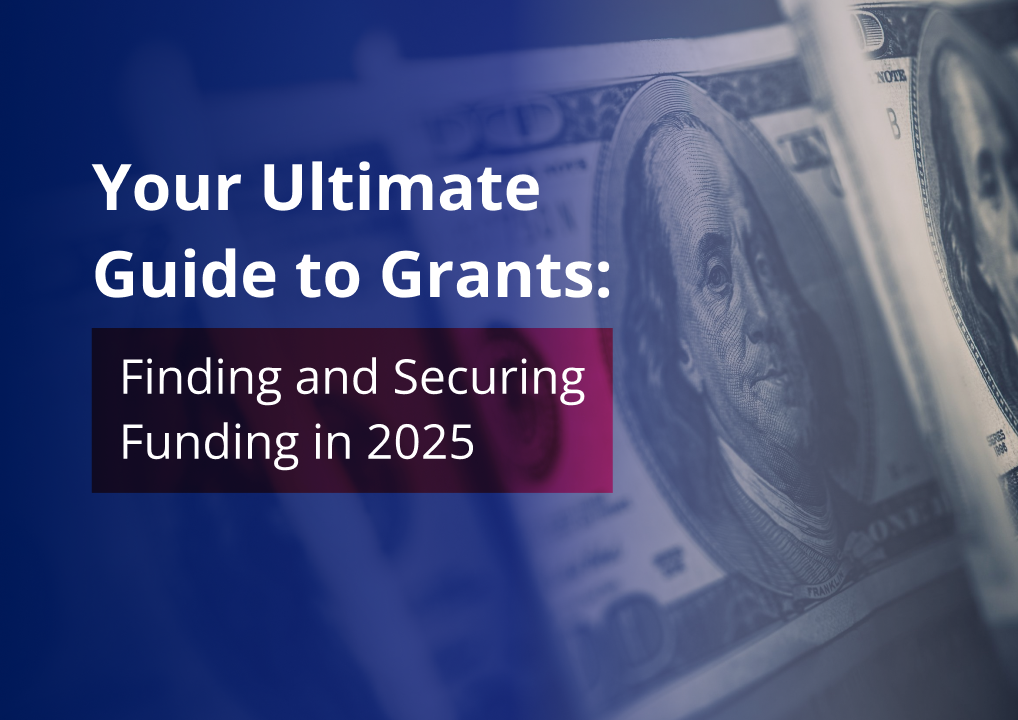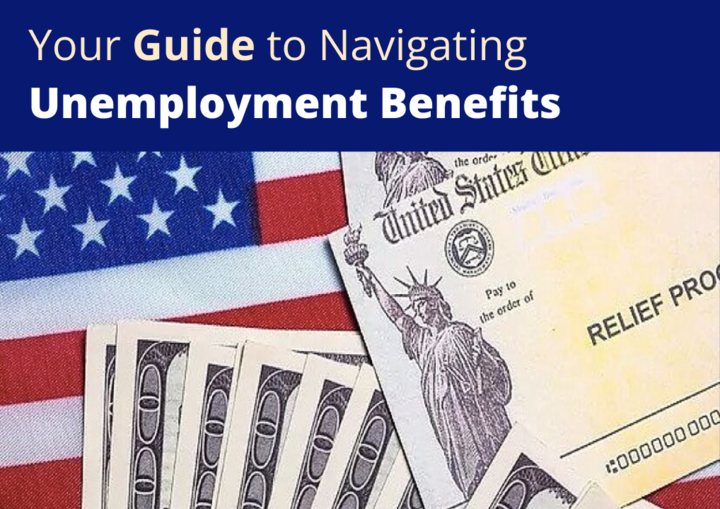Closing costs represent the various fees and expenses that buyers and sellers incur during the finalization of a real estate transaction. These costs are typically paid at the closing meeting, where ownership of the property is officially transferred from the seller to the buyer. Closing costs can encompass a wide range of charges, including but not limited to loan origination fees, title insurance, appraisal fees, and attorney fees.
They are an essential aspect of the home-buying process, as they can significantly impact the overall financial commitment involved in purchasing a property. The total amount of closing costs can vary widely based on several factors, including the location of the property, the type of loan being used, and the specific terms negotiated between the buyer and seller. Generally, closing costs can range from 2% to 5% of the purchase price of the home.
For instance, on a $300,000 home, closing costs could amount to anywhere from $6,000 to $15,000. Understanding these costs is crucial for buyers and sellers alike, as it allows them to budget appropriately and avoid any unpleasant surprises at the closing table.
Key Takeaways
- Closing costs are the fees and expenses associated with the purchase or sale of a property, including loan origination fees, title insurance, and appraisal fees.
- Typical closing costs in real estate may include lender fees, third-party fees, and prepaid expenses such as property taxes and homeowners insurance.
- Ways to reduce closing costs include negotiating with lenders for lower fees, shopping around for service providers, and asking the seller to cover some of the costs.
- Negotiating with lenders and service providers can help lower closing costs, such as asking for a reduction in origination fees or seeking out lower-cost service providers.
- Understanding the loan estimate and closing disclosure is crucial for buyers, as these documents outline the terms of the loan and the final costs of the transaction.
Typical Closing Costs in Real Estate
When delving into typical closing costs, it is essential to recognize that they can be categorized into two main groups: lender fees and third-party fees. Lender fees are those charged by the mortgage lender for processing the loan application and underwriting the mortgage. Common lender fees include loan origination fees, which cover the lender’s administrative costs; discount points, which are prepaid interest that can lower the interest rate; and credit report fees, which are charged for obtaining the borrower’s credit history.
On the other hand, third-party fees are those incurred from services provided by external entities involved in the transaction.
These can include title insurance premiums, which protect against potential disputes over property ownership; appraisal fees, which assess the property’s market value; and inspection fees, which ensure that the property is in satisfactory condition.
Additionally, there may be recording fees for filing documents with local government offices and transfer taxes imposed by state or local authorities when ownership changes hands.
Each of these costs contributes to the overall financial picture of a real estate transaction.
Ways to Reduce Closing Costs
Reducing closing costs is a priority for many homebuyers looking to minimize their financial burden. One effective strategy is to shop around for services related to closing. For instance, buyers can compare title insurance rates from different providers or seek out competitive quotes for home inspections and appraisals.
By obtaining multiple estimates, buyers can often find more affordable options that still meet their needs without sacrificing quality. Another approach to lowering closing costs is to negotiate with the seller for assistance. In some cases, sellers may be willing to cover a portion of the buyer’s closing costs as an incentive to close the deal quickly or to make their property more appealing in a competitive market.
This practice, known as seller concessions, can significantly alleviate the financial strain on buyers. Additionally, buyers should consider asking their lender about any available programs or options that could help reduce costs, such as no-closing-cost mortgages or grants specifically designed for first-time homebuyers.
Negotiating with Lenders and Service Providers
Negotiation plays a crucial role in managing closing costs effectively. Buyers should not hesitate to engage in discussions with lenders regarding their fees and terms. Many lenders are open to negotiation, especially if they believe it will secure a sale.
For example, a buyer might request a reduction in the loan origination fee or inquire about waiving certain charges altogether. It is essential for buyers to be informed about standard industry practices so they can advocate for themselves effectively. In addition to negotiating with lenders, buyers can also engage with service providers involved in the closing process.
This includes title companies, appraisers, and inspectors. By communicating openly about budget constraints and seeking competitive bids from multiple providers, buyers can often find ways to reduce costs without compromising on service quality. Establishing a rapport with these professionals can also lead to better service and potentially lower fees.
Understanding the Loan Estimate and Closing Disclosure
The Loan Estimate and Closing Disclosure are two critical documents that provide transparency regarding closing costs and loan terms. The Loan Estimate is provided by lenders within three business days of receiving a mortgage application. It outlines key details about the loan, including interest rates, monthly payments, and estimated closing costs.
This document allows borrowers to compare offers from different lenders easily and make informed decisions. The Closing Disclosure is issued three days before closing and provides a final breakdown of all costs associated with the transaction. It includes detailed information about loan terms, monthly payments, and all closing costs that will be due at settlement.
Understanding these documents is vital for buyers as they outline what to expect financially at closing. Buyers should review these documents carefully and ask questions about any discrepancies or unclear items before proceeding with the transaction.
Government Programs and Assistance for Closing Costs
Various government programs exist to assist homebuyers with closing costs, particularly for first-time buyers or those purchasing in designated areas. For instance, many states offer down payment assistance programs that can also cover some closing costs. These programs may provide grants or low-interest loans that help alleviate financial burdens associated with purchasing a home.
Additionally, federal programs such as those offered by the Federal Housing Administration (FHA) or Veterans Affairs (VA) often include provisions for reduced closing costs or allow sellers to contribute toward these expenses. FHA loans may permit sellers to pay up to 6% of the purchase price in closing costs, while VA loans have no down payment requirement and often come with lower closing costs overall. Understanding these options can empower buyers to take advantage of available resources that can ease their financial responsibilities during the home-buying process.
The Role of the Real Estate Agent in Managing Closing Costs
A knowledgeable real estate agent plays an invaluable role in navigating the complexities of closing costs. Agents are well-versed in local market conditions and can provide insights into typical closing expenses associated with specific neighborhoods or property types. They can also recommend reputable service providers for inspections, appraisals, and title services, helping buyers secure competitive rates.
Moreover, real estate agents often assist in negotiating terms related to closing costs on behalf of their clients. They can advocate for seller concessions or help buyers understand their options regarding lender fees. By leveraging their expertise and experience, agents can help clients make informed decisions that ultimately lead to reduced financial strain during the closing process.
Tips for a Smooth Closing Process
To ensure a smooth closing process, preparation is key. Buyers should begin by gathering all necessary documentation well in advance of the closing date. This includes financial statements, tax returns, proof of income, and any other paperwork required by lenders or service providers.
Having these documents organized will facilitate a more efficient closing experience.
Additionally, maintaining open lines of communication with all parties involved—lenders, real estate agents, and service providers—is crucial.
Regular check-ins can help identify any potential issues early on and allow for timely resolutions.
Buyers should also be proactive in reviewing their Loan Estimate and Closing Disclosure documents thoroughly to ensure accuracy and clarity regarding all costs involved. By taking these steps, buyers can navigate the closing process with confidence and ease.
FAQs
What are closing costs?
Closing costs are the fees and expenses associated with the purchase of a property, in addition to the price of the property itself. These costs typically include loan origination fees, appraisal fees, title insurance, and other miscellaneous fees.
How much are closing costs?
Closing costs typically range from 2% to 5% of the purchase price of the property. For example, if you are buying a home for $200,000, you can expect to pay between $4,000 and $10,000 in closing costs.
What are some ways to reduce closing costs?
Some ways to reduce closing costs include negotiating with the seller to pay a portion of the closing costs, shopping around for the best mortgage rates and closing cost fees, and asking the lender for a loan estimate to understand all the fees involved.
Can closing costs be rolled into the mortgage?
In some cases, closing costs can be rolled into the mortgage, meaning they are added to the total loan amount and paid off over time. However, this may result in higher monthly mortgage payments and more interest paid over the life of the loan.
Are there any closing cost assistance programs available?
Yes, there are closing cost assistance programs available for first-time homebuyers, low-income individuals, and veterans. These programs can help cover some or all of the closing costs, making homeownership more affordable for eligible individuals.







